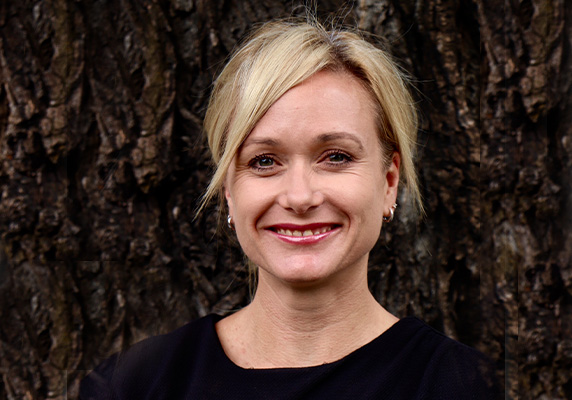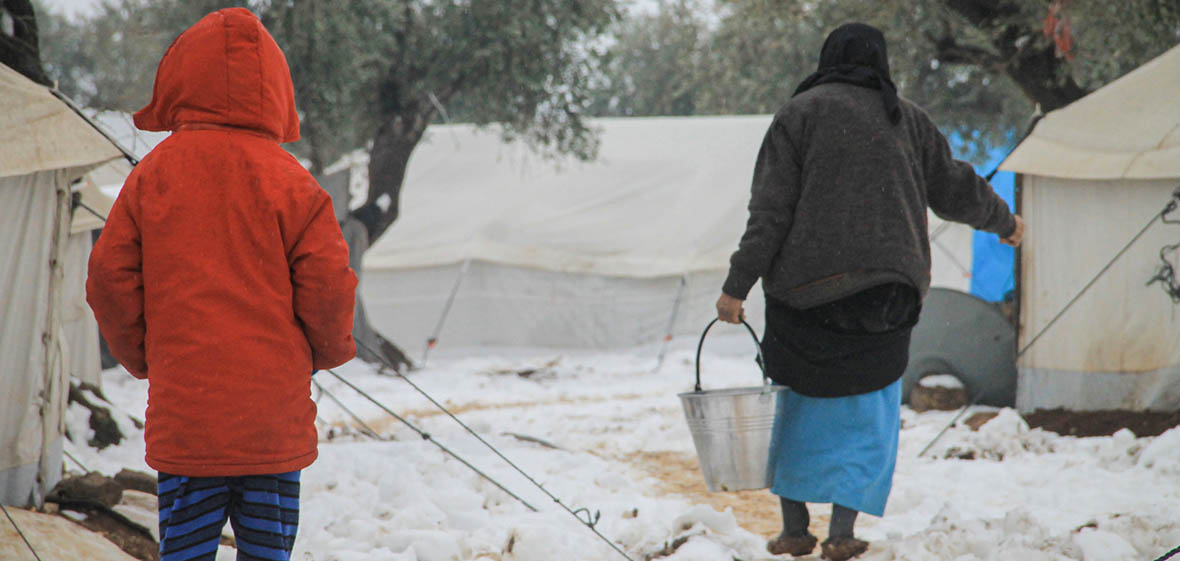Repatriation to Australia is starting for the families of Islamic State fighters detained in Syria. With supports for the women and children and security measures already in place, there is no reason to delay their return.
Earlier this month, the Australian government revealed to media that it was preparing to repatriate nearly 20 women and 40 children from the al-Hawl and Roj detention camps for family members of Islamic State fighters in north-east Syria.
On Saturday 29 October, four women and 13 children arrived in NSW from the Roj refugee camp in Syria via Iraq, with over 50 more women and children to return.
The women have offered to abide by government control orders upon their return.
Many of the women claim they were tricked or coerced into travelling to Syria and either went unwillingly or were unaware of being part of Islamic State activities.
Conditions in the detention camps were extremely harsh. An 11-year-old Australian girl collapsed due to malnutrition in Roj camp last year, and the previous year a three-year-old Australian girl suffered severe frostbite to her fingers in the al-Hawl camp.
One Australian woman in Roj camp was 14 years old when she was trafficked into Syria and married unwillingly to an IS fighter, resulting in the births of four children.
In 2019, the Morrison government repatriated eight orphaned Australian children from the camps, but thereafter claimed it was a national security risk to engage in further repatriations.
‘No reason for delay’
A joint statement from numerous Australian organisations for human rights rallied behind the decision to repatriate, especially in the wake of the death of Australian teenager Yusuf Zahab while in detention in Syria.
Peta Lowe is the Principal Consultant with Phronesis Consulting and Training and the former Director of Countering Violent Extremism for NSW Youth Justice. She led the Juvenile Justice NSW responses to countering violent extremism and counter terrorism.
Lowe says, “It’s not an easy process. There are children who won’t have Australian birth certificates or documentation … [But] there’s no reason for delay now that the Australian government has agreed on its position.”
Many European nations have already repatriated hundreds of their own citizens, with various systems of protection, and counter-terrorism measures in place that may or may not mirror Australia’s. Their success in repatriation is too early to measure, Lowe says.
“If you’re measuring long term reintegration back into a community, it’s too early to tell. But Australia is not doing this in isolation, it is in conversation with other countries and governments.”

“There isn’t one right approach to this,” Lowe adds. “It’s dependent on societies, communities and countries. It’s about being responsive – what are our social landscape and our legal frameworks like? While principles can be applied from other countries, our approach is specific to Australia.”
However, Lowe says Australia is “absolutely” ready.
“We have existing community organisations for whom this is not new. They’ve been involved in supporting individuals either at risk of or engaged in violent extremism for years. We have a strong, sturdy national security landscape and we certainly have the legal frameworks and architecture to manage any threat that might be posed by individuals. We have a wealth of organisations and individuals who have worked with people who have come from war-torn places, to help support them when they arrive.”
The children being repatriated were mostly born in camps, and their mothers had been taken at a very young age.
“We have migrant and refugee resources and, while these women and children may not be seen as refugees or migrants, it is a similar situation in terms of crisis and trauma. Whether these women end up in the judicial system or not, they have experienced trauma through where they’ve been held. Many who have travelled there describe it as the worst place on earth.”
Lowe says she understands the concern of the Australian public, but warns that “we don’t know all the facts”.
No need for an adversarial position
“We have the legal frameworks according to the pre-offence measures in place in the national security legislation, which allow for the Australian Federal Police to apply to a court for control orders. They don’t have to prove any offence; they just have to provide substantial proof to the court that a person might pose a risk. Those controls have a range of measures.
“We also subscribe to the UN conventions, so I’d like to think that we’re not just going to generally apply conditions to people that restrict their freedom and liberties without a necessary risk assessment to identify that those restrictions actually manage the risk.”
Lowe concludes, “It’s really important that these individuals have a chance to come back. They don’t need to be stigmatised … I think [Australia’s approach needs to be] about supporting local community, the school system – asking ‘how much do they need to know to be supportive?’, and it will come down to the women and how they want to be received back into the community.
The media needs to take responsibility for “putting grey back into a black and white debate,” Lowe says.
“Let’s have a conversation rather than an adversarial position. We should encourage discussion, and opinions, and pose questions that are helpful for everyone.”




